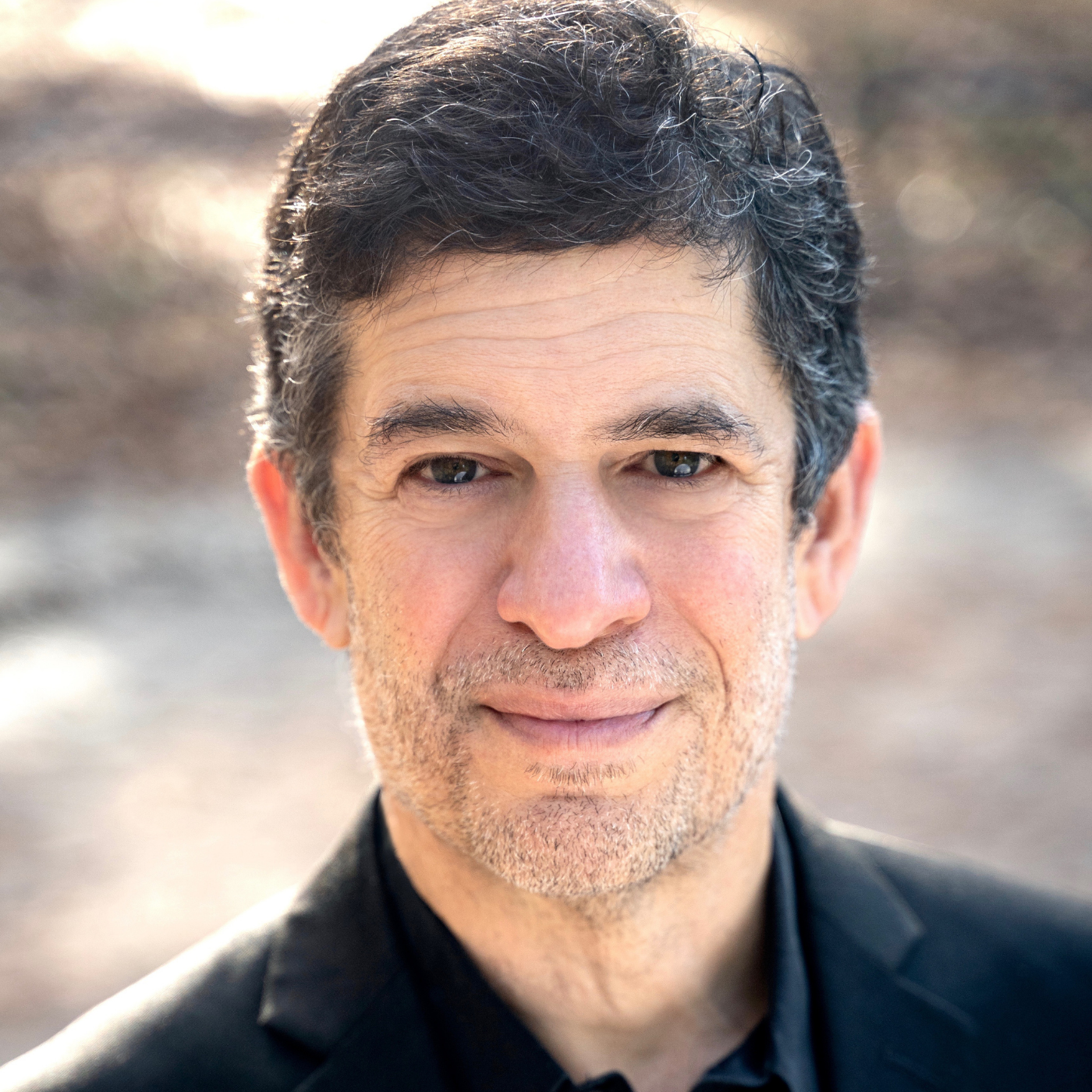Episode 95: Michael Heller
Ownership: What It Is, and What It Isn't
When it comes to ownership, the same few simple stories are used from the playground to the courtroom. And the problem lies here, that we still have this very old, physical notion of ownership that no longer works in a digital world.
Michael Heller is a professor of law at Columbia University and co-author of the classic The Gridlock Economy, and the more recent Mine! How The Hidden Rules of Ownership Control Our Lives.
In this episode we’ll dig into the merits of copyright and property law, why law is extremely overrated as a mechanism for resolving ownership disputes, what that “buy now” purchase button really means, and what we lose when we don't own physical things.
Episode Quotes:
How social norms play a role in our thoughts on ownership:
“So for example, say you're in a grocery store and you have a shopping cart full of groceries. If someone were to lean over and say oh, look, you got some eggs. Those are great. Take the eggs, lean in again, there's some milk, take the milk out. You would be furious with them.
There'd be a fight. You would say, how is that possible? Those are mine. But if you stop for a second and think it's like, actually they're not yours. You don't own the groceries in your shopping cart. But people don't lean in and take them out of each other's carts because of the power of this norm or custom of possession.
That possession it's very deeply rooted. It goes back to our animal and territorial instincts. It's something that kids become masters at from a very young age. It's a language that we all speak as grownups. And it's a language that basically gets us through the day.”
Why moving towards fewer property rights is better:
“The goal, from my point of view, is always: What is the absolute minimum we can give to get some level of innovation that we're looking for. And it turns out that the answer is much less legal protection than lawyers in particular and innovators lobby for. So innovators, the fashion industry for example, or, the Apples, the Amazons, the music industry, they're always lobbying for more properties. But I think that's mostly social welfare reducing, not increasing. And I think we have too much copyright in this country and too many patents in this country.”
Ownership & body parts:
“This is a really fraught area for ownership because it traces back in this country so directly to slavery, to the ownership of African American bodies and then the sort of end of that horror. And the question now is, now that we have new medical technologies that make the ownership of pieces of our bodies possible, do we say no you shouldn't be able for example, to sell your kidney or your eggs or rent out your womb if you're a woman to gestate somebody else's child. Do we say no to that?”
Show Links:
Guest's Profile:
Faculty Profile at Columbia Law School
His Work:





